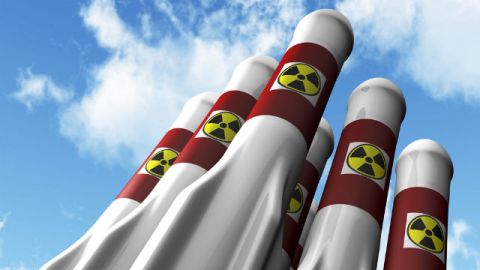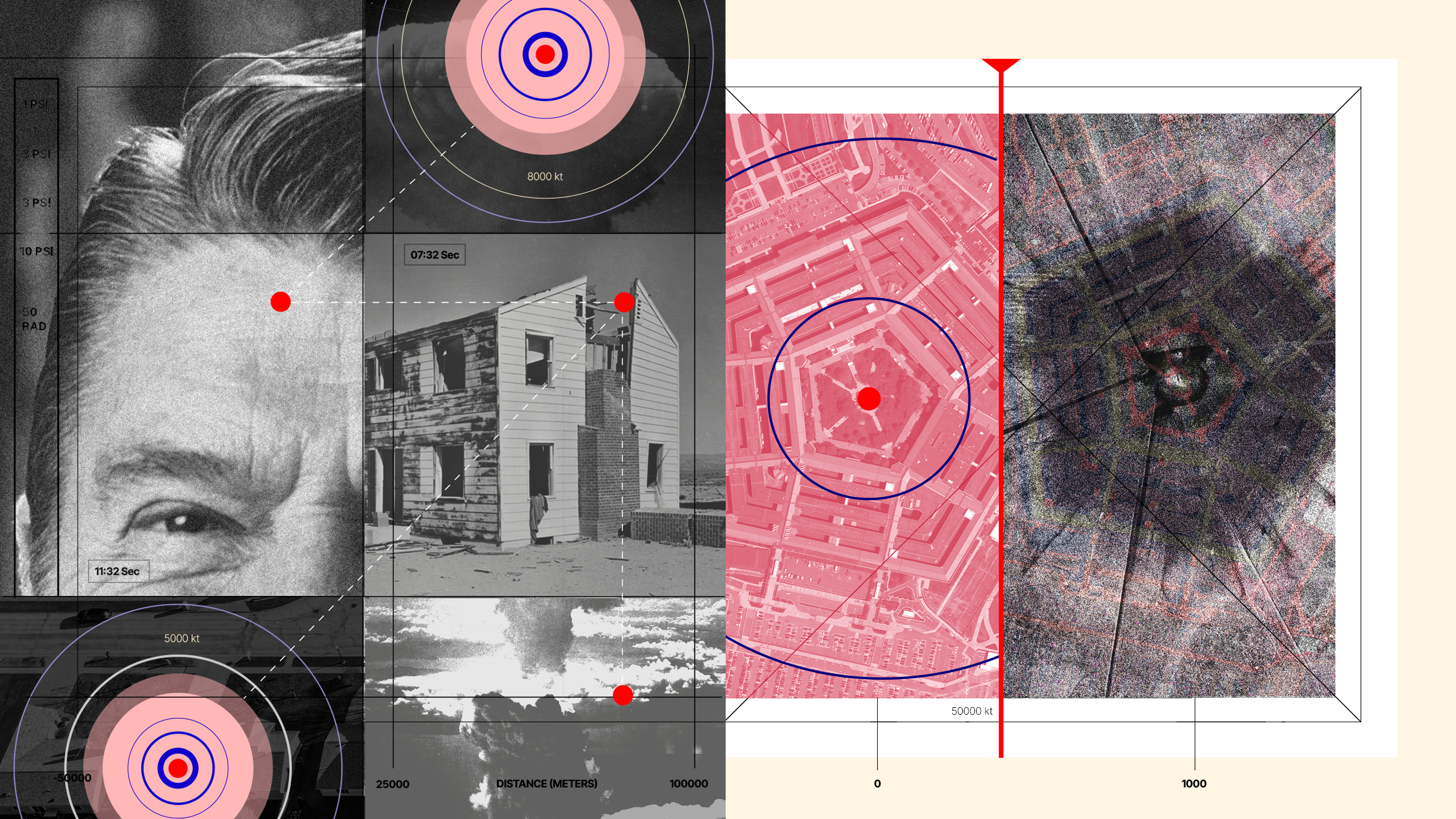Who’s Watching the Nuclear Weapons?

It was a terrifying time to be a twelve-year-old. In 1983, ABC broadcast the nuclear-winter movie nightmare The Day After, and half of the country watched. Snuggled into my parents’ bedroom, I watched the protagonist’s car stall on the highway when the electromagnetic pulse hit, I peered into the mushroom cloud, I followed the characters as they succumbed to radiation sickness, marauders or spontaneous hemorrhaging. This was about the time a close relation told me she feared a non-televised, real-world nuclear war if Ronald Reagan won re-election.
Today’s fear of terrorism really doesn’t hold a candle to old-school Cold War nuclear fear. Even with this month’s worldwide travel warnings, few people seem seriously worried for their lives. There is something about a looming threat of global destruction that focuses the mind in ways that potential surprise attacks on specific locations do not. As Stephen Pinker likes to point out, you have a much better chance of falling to your death from a ladder than being blown up by a terrorist.
Fast forward thirty years to today on my living room sofa. Watching The Iron Giant with my five-year-old daughter, I was brought back to the 80s when, near the end of the movie, the trigger-happy agent ordered the launch of a nuclear missile from the USS Nautilus to destroy the preternaturally gentle but heavily armed giant. The giant (spoiler alert) ended up saving the day, Superman style, but a disturbing flavor embittered the semi-hopeful ending: the destruction of the world is in the hands of emotional, fallible, corrupt or corruptible human beings.
What about today? There are still thousands of nuclear-tipped missiles hanging around, decades after the Soviet Union was dissolved. It’s fair to say there are probably no more anti-Soviet warmongers with itchy trigger fingers. But now we have another problem: brutal incompetence.
In 2008, six missiles armed with nuclear warheads were mistakenly flown on a B-52 from an air force base in Minot, North Dakota to the Barksdale base in Shreveport, Louisiana. Yes, six nuclear-tipped missiles, any of which could have caused an atomic incident dwarfing the explosion at Hiroshima. The protocol, as you might imagine, involves detaching nuclear warheads from missiles before transporting them. The air force crew missed that detail.
Embarrassing, but just a fluke? Unfortunately, no. Five years after this disturbing incident, more bad news came last week:
An air force unit that operates one-third of the nation’s land-based nuclear missiles has failed a safety and security inspection, marking the second major setback this year for a force charged with the military’s most sensitive mission, the general in charge of the nuclear air force told the Associated Press on Tuesday.
Sweet dreams.





